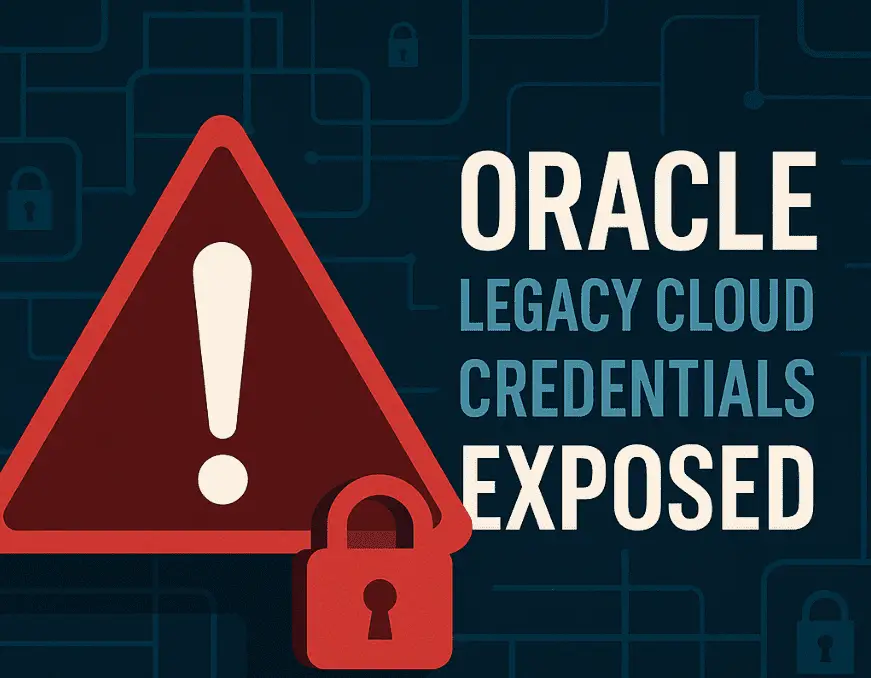
Early this month, Oracle has discreetly notified select clients that attackers successfully breached one of its legacy environments, compromising a trove of outdated but still potentially impactful credentials. According to Bloomberg, the exposed environment was last used in 2017, but threat actors allegedly exfiltrated user data from as recently as 2024 and even 2025, casting doubt on Oracle’s reassurances that only “old, non-sensitive data” was involved.
The attacker, operating under the alias rose87168, posted a database of 6 million user records on a well-known hacking forum, sharing samples including LDAP data, usernames, hashed passwords, and email addresses—data reportedly extracted from Oracle Identity Manager (IDM) systems.
CrowdStrike and the FBI are now investigating the breach, which involved an exploit of a 2020 Java vulnerability to deploy a web shell and malware on Oracle’s Gen 1 Cloud Classic servers.
In response to public disclosures, the U.S. Cybersecurity and Infrastructure Security Agency (CISA) issued a warning highlighting the hidden dangers of embedded or reused credentials. The agency noted that while the full scope of the breach remains unconfirmed, it poses “potential risk to organizations and individuals, particularly where credential material may be exposed, reused across separate, unaffiliated systems, or embedded (i.e., hardcoded into scripts, applications, infrastructure templates, or automation tools).”
CISA warned that such credentials are not only difficult to detect but may enable long-term unauthorized access once compromised.
“The compromise of credential material, including usernames, emails, passwords, authentication tokens, and encryption keys, can pose significant risk to enterprise environments,” the agency stated.
Threat actors are known to weaponize stolen credentials to:
- Escalate privileges and move laterally across networks
- Access cloud and identity management systems
- Conduct phishing, credential stuffing, and BEC attacks
- Sell or exchange access in criminal marketplaces
- Enrich the data for resale or targeted intrusion campaigns
To combat potential fallout, CISA recommends immediate action:
For Organizations:
- Reset affected passwords, especially where credentials aren’t managed through centralized identity systems
- Audit scripts and templates for embedded credentials; replace them with secure, centralized secret management
- Monitor login logs for suspicious activity involving privileged or federated identities
- Enforce phishing-resistant MFA wherever feasible
For Individual Users:
- Update any reused passwords and enable phishing-resistant MFA
- Use unique, complex passwords across services
- Remain vigilant for phishing attacks disguised as password resets or suspicious login alerts
Related Posts:
- CISA Sounds the Alarm on Actively Exploited Apple and Oracle Zero-Days
- Phishing Campaign Bypasses MFA to Target Meta Business Accounts, Putting Millions at Risk
- Oracle April 2025 CPU: 378 Security Patches Released
- Oracle Discloses Second Hack (Client Login Data)
- FBI, CISA, NSA Warn of Iranian Cyberattacks on Critical Infrastructure
